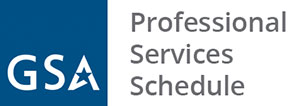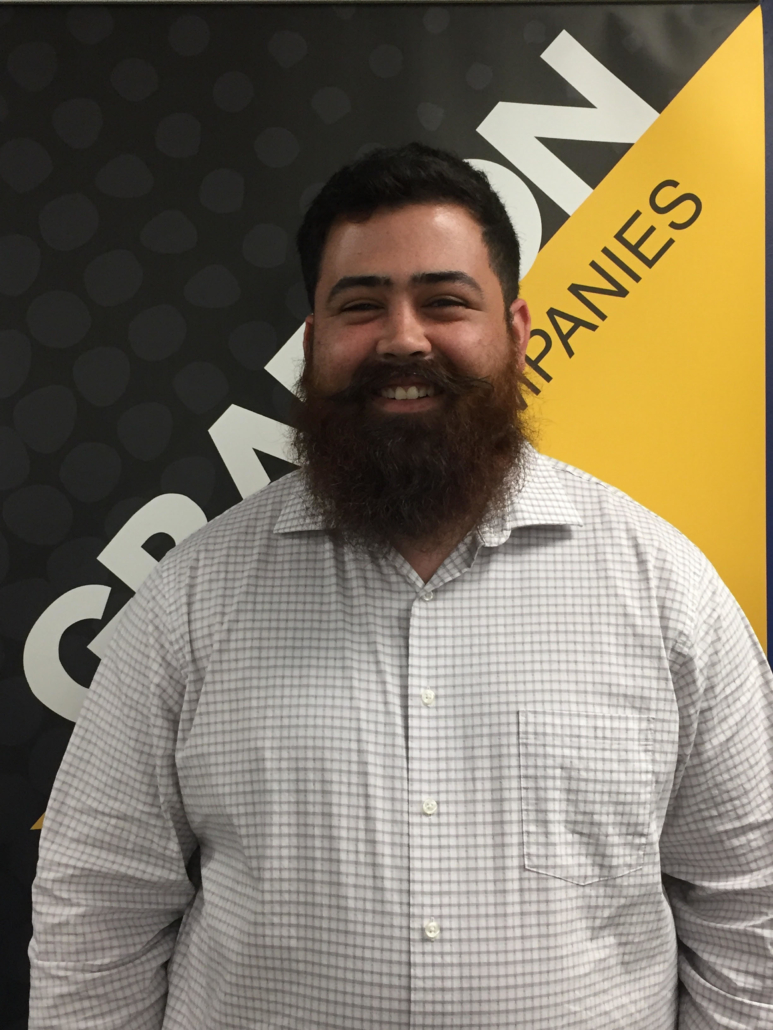 Post written by Scotti Mizner, Senior Recruiter
Post written by Scotti Mizner, Senior Recruiter
So you’ve been all over the world, met all different types of people, accomplished things most people can’t even dream of. You’ve grown tired of the 5 a.m. and 9 a.m. formations.
You’re frustrated with the inability to make future plans. You’re tired of the new guy/gal joining from the schoolhouse and knowing less than when he/she went in.
Now you’re ready to hang up the boots, put on your Sunday’s best, and join all your friends from back home in the standard workforce. It’s time to sit down build a resume showcasing all you’ve learned from the military.
If you’re like most veterans, I’m sure you’re asking yourself, “Where do I begin?” That’s why I wrote this post. Below are just a few things you can do to set yourself up for success:
1. Translate Military Terms, Acronyms or Jargon
Let’s say you spent 10 years in the military as a 0659, Data Chief. Unless they or their parents spent time in the military, most people don’t know what that crazy number means or even what a Data Chief is.
Translate everything into terms/phrases/explanations that the normal, everyday civilian can understand.
For example, let’s say you spent 10 years as the Head of the Data Division. There are plenty of websites to use that can help you translate all that military “slang” into usable terms on your resume, such as onetonline.org.
Select your branch. Enter your position. Then a whole list comes up with job titles and other words for you to choose from.
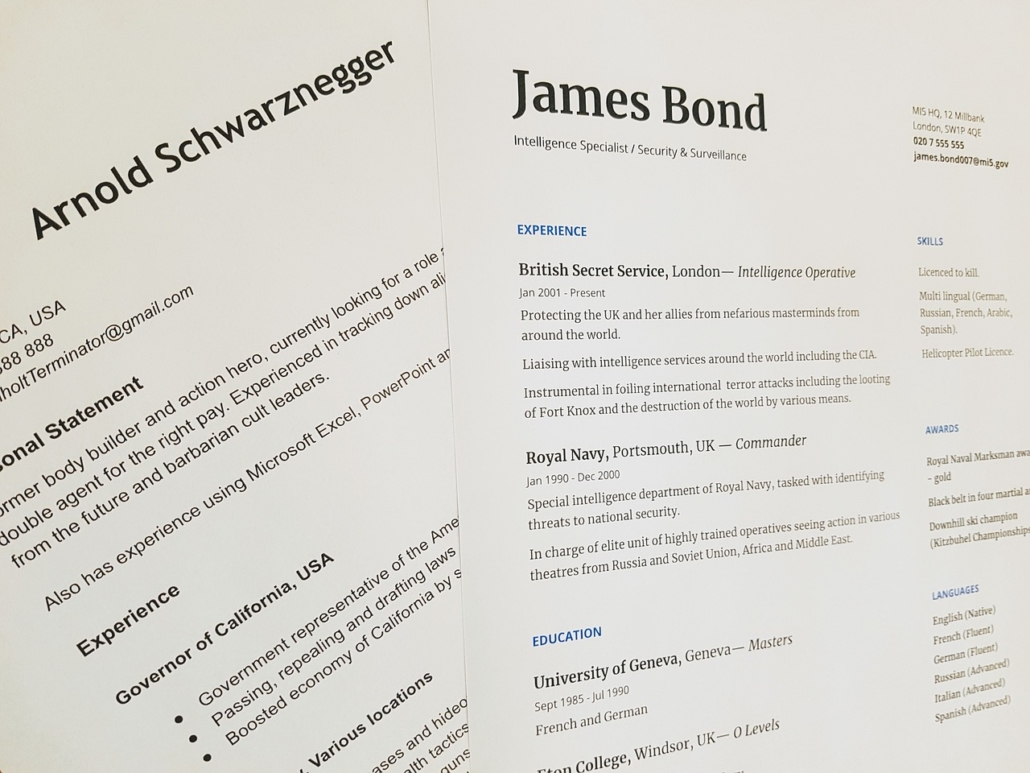 2. Highlight Your Security Clearance on Your Resume
2. Highlight Your Security Clearance on Your Resume
You’ve been trusted your whole military career with different encryptions and the need-to-know basis of different operations.
The government did the research, paid the dues, and trusted you to keep it active.
Now that you’re out, why not use the government spending those thousands of dollars to your advantage?
Companies are willing to pay for certain security clearances for qualified individuals.
Be sure to show them how much more valuable you are by pointing out that you already have a government issued security clearance.
If you’re applying for a position that requires a security clearance, make sure the HR department or recruiter know you have one!
Having that clearance saves the company thousands of dollars and a bunch of time.
3. Create Multiple Resumes for Multiple Positions
Strategy is something you’ve learned in the military. Similarly, don’t go into your next career objective with one plan. You carried items to be able to adjust in the field, so carry multiple resumes to adjust on your job search. One resume isn’t going to work for all of the jobs available to you unless you’re only interested in one line of work.
You should have a general resume and two to three other resumes that can be used for different types of jobs. Each resume should highlight different strengths.
For example, when applying for a management position, have a resume highlighting your strengths when you were a fire team leader, squad leader, platoon sergeant, etc. When applying for a job that requires a focus on IT, bring a resume that shows the different jobs and accomplishments that you obtained in technology.
The idea is to be prepared for all situations to put yourself in the best position to land the job. Monster.com has a great article on resume ideas based on different industries. Check it out here.
Hopefully, this tips will help you better prepare for your transition to the civilian world. Remember, use your military background to your advantage. You have a wealth of experience. It’s up to you to make sure potential employers know it. Show up prepared, confident, and armed with a resume that tells the story of who you are.
P.S. – Yes, the 15 minutes prior rule still applies. Don’t make a hiring manager wait on you!
 By Kylie Fanning – Senior Recruiter at Grafton Staffing
By Kylie Fanning – Senior Recruiter at Grafton Staffing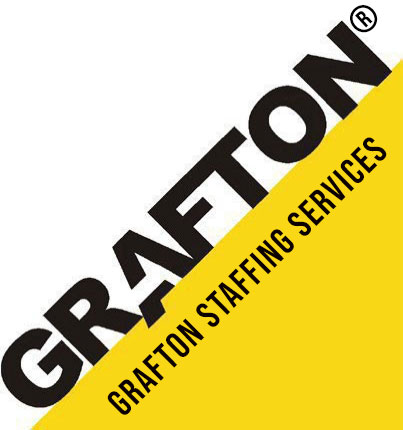
 Another critical piece to job searching is making sure to keep your contact information updated.
Another critical piece to job searching is making sure to keep your contact information updated. Post written by Scotti Mizner, Senior Recruiter
Post written by Scotti Mizner, Senior Recruiter 2. Highlight Your Security Clearance on Your Resume
2. Highlight Your Security Clearance on Your Resume Post written by Cheryl Mayfield
Post written by Cheryl Mayfield 3. Research the Company/Person You’re Interviewing With
3. Research the Company/Person You’re Interviewing With
 Transparency Tips for Clients
Transparency Tips for Clients You look good on paper, and Grafton has checked you out. Now it’s time for the big interview. Here are some reminders that will help you ace it.
You look good on paper, and Grafton has checked you out. Now it’s time for the big interview. Here are some reminders that will help you ace it.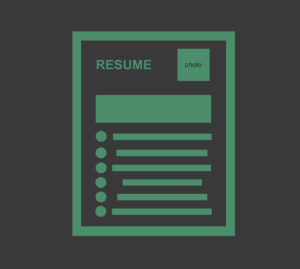 Your resume has only 10 seconds to get noticed or get trashed. These basics will put you on a solid foundation.
Your resume has only 10 seconds to get noticed or get trashed. These basics will put you on a solid foundation. You’ve got the job, and now you want to do the best work possible. Use this checklist as a guide.
You’ve got the job, and now you want to do the best work possible. Use this checklist as a guide.